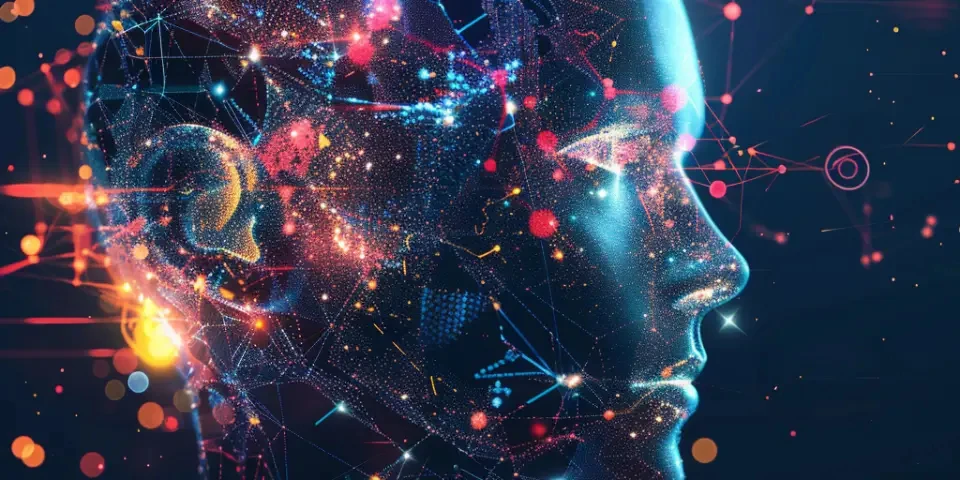AI Chat Breaking Language Barriers for Global Communication
Language is a powerful tool of communication, but it can also create barriers between individuals who speak different languages. In an increasingly connected world, breaking these barriers has become essential for effective global communication. This is where Artificial Intelligence (AI) chat solutions come into play. With their ability to comprehend and generate human-like responses in multiple languages, these AI chat platforms are revolutionizing the way we communicate globally.
Enhanced Language Translation
One of the primary ways AI chat breaks language barriers is through enhanced language translation. These platforms use powerful machine learning algorithms to translate text or speech from one language to another, allowing individuals to communicate seamlessly across different languages. These translations are becoming more accurate and natural-sounding, making it easier for people to understand each other, even if they don't share a common language.

AI chat solutions like Google Translate have made significant strides in improving language translation. By constantly analyzing large amounts of multilingual data, AI algorithms can detect patterns and nuances in different languages, resulting in more accurate translations. However, there is still room for improvement to handle complex grammar structures and context-specific meanings.
Real-Time Language Interpretation
In addition to translation, AI chat platforms also offer real-time language interpretation. By analyzing spoken language, these platforms can instantly provide translations in the desired language. This feature is immensely helpful for business meetings, conferences, or even simple conversations between individuals who don't speak the same language.
Apps like iTranslate and Microsoft Translator provide real-time language interpretation services. They use AI algorithms to convert speech into text, translate it, and then convert it back into speech in the desired language. This allows people to communicate effectively without the need for an interpreter. While the accuracy of real-time interpretation has improved, challenges persist, particularly with accents, dialects, and background noise.
Improved User Experience
AI chat solutions focus on enhancing the user experience by making communication effortless and natural. These platforms provide users with intuitive interfaces where they can input text, voice, or even images for translation or interpretation. The AI algorithms analyze this input and generate relevant and contextually accurate responses, making the conversation feel more human-like.
Furthermore, AI chat platforms continuously learn from user interactions, improving their language understanding and responses over time. By utilizing techniques like natural language processing (NLP), these systems can grasp the subtleties of human conversation, resulting in more meaningful and engaging interactions.
Increased Efficiency in Customer Service
Customer service is an area where language barriers often hinder effective communication. AI chatbots are changing this landscape by offering multilingual support to customers, irrespective of the languages they speak. These chatbots can understand and respond to customer inquiries, provide product information, and even assist with troubleshooting, all in real-time and in the customer's preferred language.
Companies like LivePerson and Salesforce have integrated AI chatbots into their customer service platforms. These chatbots can process vast amounts of data to understand customer intent, identify language preferences, and deliver tailored responses. This not only improves customer satisfaction but also increases efficiency by reducing the need for human agents in language-specific support roles.
Challenges and Limitations
While AI chat solutions have made significant progress, they still face certain challenges and limitations. First, the accuracy of translations and interpretations can vary depending on the complexity of the language and the context of the conversation. Technical jargon or colloquial expressions may be difficult to accurately translate or interpret.
Secondly, AI chat platforms may struggle with understanding and conveying emotions. Human emotions can be nuanced and heavily reliant on context, making it challenging for AI to accurately interpret and respond to emotional conversations.
Finally, the privacy and security of data exchanged in AI chat conversations need to be addressed. Users must feel confident that their conversations are confidential and that their personal information is protected from unauthorized access.
The Future of AI Chat
The field of AI chat is constantly evolving, and its future looks promising. With advancements in machine learning, natural language processing, and deep neural networks, AI chat solutions will continue to improve their language understanding, translation accuracy, and real-time interpretation capabilities.
Additionally, the integration of AI chat into existing communication platforms, such as messaging apps and video conferencing tools, will make global communication even more seamless and accessible.
As AI chat continues to break language barriers, it has the potential to revolutionize various industries, including tourism, healthcare, and international business. The ability to communicate effortlessly across languages will foster greater understanding, collaboration, and cultural exchange on a global scale.
Frequently Asked Questions
1. Are AI chat translations as accurate as human translations?
While AI chat translations have improved significantly, they may not be as accurate as human translations, particularly in complex or specialized contexts. However, for everyday conversations, AI translations can provide a good understanding of the content being communicated.
2. Can AI chat platforms understand and interpret regional accents?
AI chat platforms have made progress in understanding and interpreting regional accents, but challenges remain. Strong accents or dialects that differ significantly from the training data used by the AI system may still pose difficulties for accurate interpretation.
3. Do AI chat solutions have privacy safeguards in place?
Reputable AI chat solutions prioritize user privacy and employ encryption techniques to protect conversations. However, it's important to review the privacy policies and terms of service of specific platforms to ensure your data is handled securely.
Explore your companion in WeMate